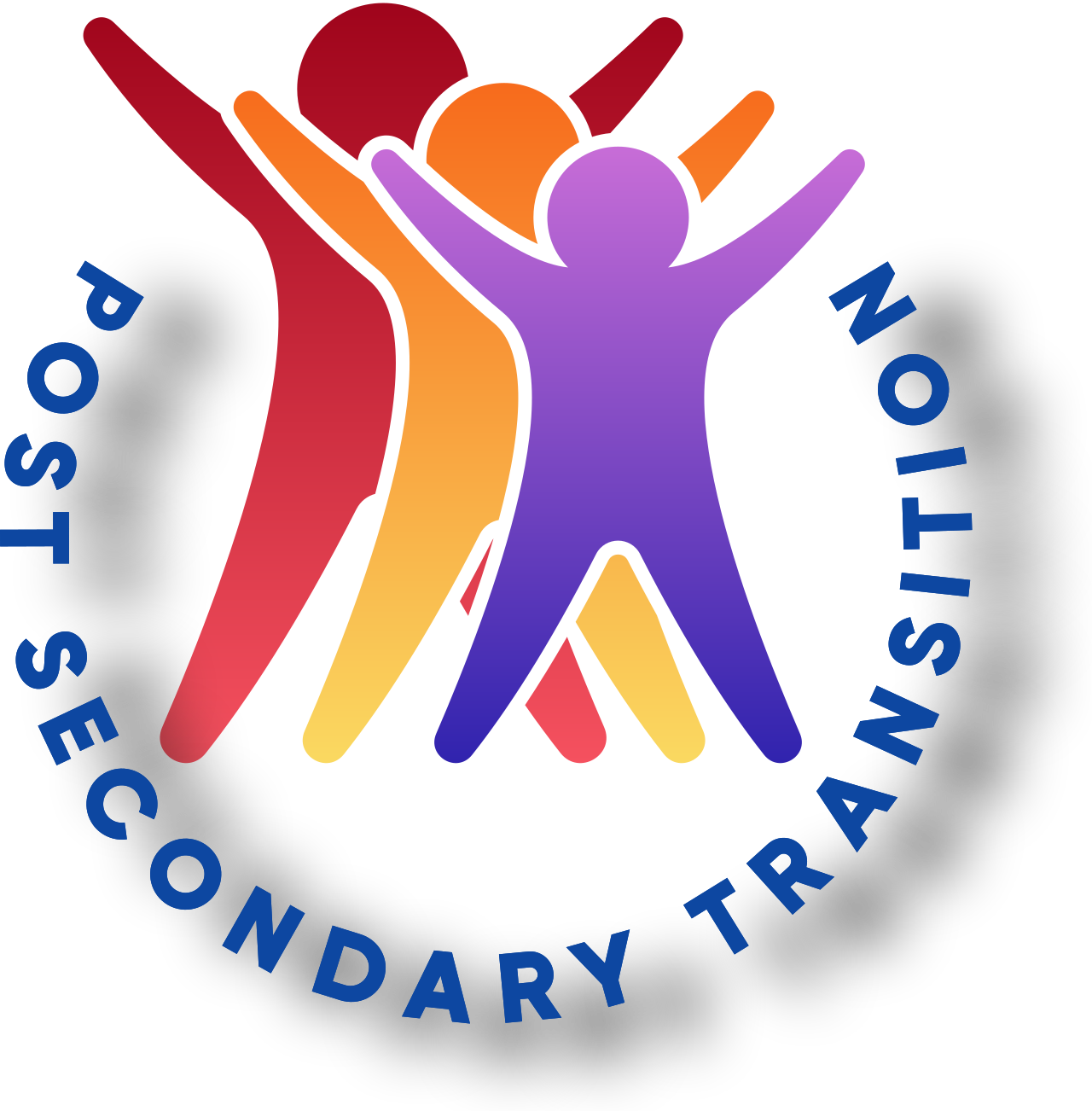
PERSON Centered Planning
Person-centered planning is an approach that focuses on the individual needs, preferences, strengths, and goals of a person with disabilities. It involves collaborating with the individual, their family members, caregivers, and other relevant stakeholders to develop a comprehensive plan tailored to the individual's unique circumstances and aspirations.
Why person-centered planning?
Individualized Approach: Recognizing that each person with disabilities is unique and has their own set of strengths, abilities, interests, and preferences.
Inclusion: Involving the individual in decision-making processes and promoting their active participation in setting goals and planning their future.
Empowerment: Supporting the individual to make informed choices and decisions about their own lives, fostering a sense of autonomy and self-determination.
Collaboration: Engaging the individual's support network, including family members, friends, educators, therapists, and service providers, to ensure that the plan reflects the collective input and expertise of those involved.
Flexibility: Recognizing that the plan may evolve over time as the individual's needs, preferences, and circumstances change.
Person-centered planning is important for students with disabilities for several reasons:
Promoting Independence: By focusing on the individual's strengths and abilities, person-centered planning can help students develop skills and strategies to become more independent in various aspects of their lives, including education, employment, and community participation.
Enhancing Engagement: Involving students in the planning process empowers them to take ownership of their goals and aspirations, leading to greater engagement and motivation in working towards those goals.
Improving Outcomes: Research has shown that person-centered planning can lead to better outcomes in terms of academic achievement, employment, social relationships, and overall quality of life for students with disabilities.
Respecting Dignity and Rights: Person-centered planning emphasizes the dignity and rights of individuals with disabilities, affirming their value as equal members of society and promoting respect for their choices and preferences.
Ensuring Responsiveness to Individual Needs: By tailoring supports and services to the specific needs and preferences of each student, person-centered planning can help address barriers to learning and participation, ultimately promoting greater success and well-being.
Resources
The ARC: The ARC is a national organization that provides advocacy, support services, and resources for individuals with intellectual and developmental disabilities and their families. They offer information on person-centered planning approaches and tools; find an ARC near you.
National Parent Center on Transition & Employment (PACER): This website offers a wealth of information, articles, and resources related to person-centered planning, including guides, videos, and templates.
Person-Centered Thinking Tools: These tools, developed by Helen Sanderson Associates, provide practical resources and guidance for facilitating person-centered planning processes and developing person-centered plans.
Charting the LifeCourse Framework: Developed by the University of Missouri-Kansas City, this framework offers a set of principles and tools for person-centered planning across the lifespan, including tools for envisioning a good life, planning for supports, and navigating systems.
National Center on Advancing Person-Centered Practices and Systems: This resource outlines promising practices for person-centered planning. More information can be found here.
Family Voices: Family Voices is a national organization that provides information, resources, and support to families of children and youth with special health care needs and disabilities. They offer resources on person-centered planning (or family-centered care) and navigating the transition process.
Exceptional Children's Assistance Center (ECAC): ECAC provides a wide range of support, resources, and advocacy services for families of children and youth with disabilities and special healthcare needs. More information can be found here.



